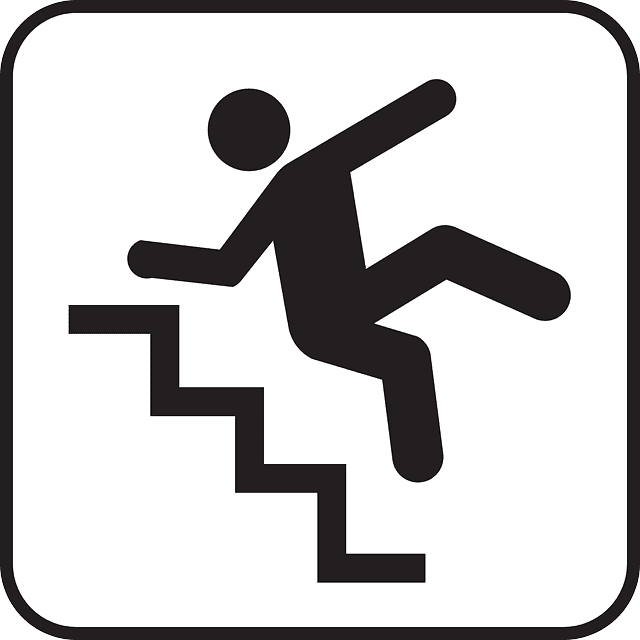
Preventing Slip and Fall Accidents

Preventing Slip and Fall Accidents
For any business, slip and fall accidents are among the most common cause of injuries. Slip and fall injuries can range from minor bumps and bruises to serious head injuries or broken bones. They are the most common cause of Workers Compensation injuries and a common cause for General Liability claims.
A wet floor, an uneven surface or a dimly lit staircase are all some common hazards that can lead to slips, trips or falls. By taking steps to reduce hazards, you can greatly reduce the potential for your customers or employees to slip and fall.
Footwear
For employees, proper footwear can greatly reduce slip and falls. Footwear should be job appropriate. Non-slip footwear is always recommended in jobs where employees could encounter wet floors.
Maintenance and Safety
Both the interior and exterior of your business should have appropriate lighting. Make sure all entrances, walkways, parking lots and buildings are well-lit. If a bulb is burned out, make sure to replace it immediately.
Staircases should have a railing or handrail installed. They should be inspected frequently to make sure that they are in good condition and stable. Broken handrails that give away and poorly lighted staircases are a hazard. Make sure no loose objects are on the stairs or immediately near the top to the bottom of the stairs that can restrict access. Reflective tape should be used to mark the bottom and top steps, especially in outdoor areas.
All floor coverings should be in good condition and free from rips, tears or lifted areas. A lifted section of rug or flooring is a big hazard. Secure any loose runs with tape or carpet tacking to hold them in place.
Housekeeping
Good housekeeping practices are key to preventing many accidents. Walkways should be clear and easy to navigate without any obstructions or clutter. Any spills should have wet floor signs put up and then cleaned up. Have procedures in place for handling spills quickly.
Make sure no electrical cords or cables are stretched out over walkways. Run them under carpets, behind walls or use cable covers to avoid anybody tripping over loose cords.
Categories: Blog
